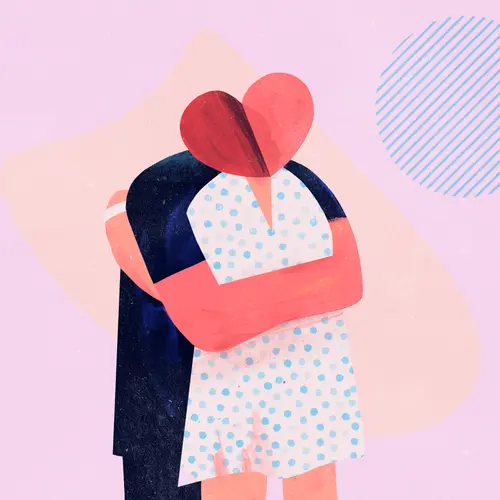A colonoscopy lets your doctor check the insides of your colon and rectum for cancer and polyps -- growths that can be early signs of cancer. It saves lives, so follow your doctor’s recommendations on when to have one.
They’ll give you a sedative to put you to sleep and use a long, flexible tube to look inside your colon. It has a light and a camera inside to help them see what’s going on.
It’s a fairly safe exam. On average, there are only two serious complications for every 1,000 procedures. The risks of a colonoscopy include:
Belly Pain or Discomfort
This is the most common side effect of colonoscopy. You might feel cramping or bloating afterward.
Your doctor may use air to inflate your colon so they can get a better view. They might use water or a suction device as well as certain surgical tools to take off a polyp. All these things can move and stretch your colon, so you might feel uncomfortable for 1 or 2 days afterward. The sedatives may also make you nauseated. If you have pain or vomiting, call your doctor right away.
Bleeding
You could notice blood from your rectum or in your poop after a colonoscopy. Most of the time, this happens because your doctor had to take a tissue sample or remove a polyp. Call them as soon as possible if the bleeding won’t stop or if there’s a lot of blood. Certain medications, such as vitamins and over-the-counter painkillers like aspirin, can raise your chance of bleeding. If you take them, be sure to tell your doctor before the test.
A Bad Reaction to Anesthesia
You may feel woozy or shaky when you wake up after the test. Some people can have serious reactions to the medications that put you to sleep, such as heart or breathing problems. Your medical team is trained to identify and treat these complications. Tell them before the test if you’re allergic to any medicines or have ever had a bad reaction to anesthesia.
Postpolypectomy Electrocoagulation Syndrome
If your doctor needs to cut off a polyp, they’ll use a tool with an electrical current to seal the area. It’s rare, but this current can go too deep, burning and inflaming the tissues. This might cause belly pain, fever, and a fast heart rate. Most people feel better after taking antibiotics for 2 or 3 days.
Infection
Colonoscopy tools can be hard to clean and disinfect. Rarely, they may carry bacteria such as E. coli, Klebsiella, or Enterobacter, or viruses like hepatitis B or C.
Perforated Intestine
The tool that your doctor uses in a colonoscopy could push too hard against your colon. This can cause a small tear. Your doctor may need to repair it with surgery.
Colonoscopy Prep Risks
Before a colonoscopy, you’ll need to empty your colon so your doctor can get a clear picture. They’ll give you directions to use a strong laxative as bowel preparation or “prep.” Certain kinds of these medications can cause dehydration or electrolyte problems in some people:
- Older adults
- People who have heart, kidney, or liver problems
- People who have inflammatory bowel disease
- Pregnant women
Post-Colonoscopy Complications
Call your doctor right away if you have any of these symptoms after your test:
- Severe pain or cramping in your belly
- A hard belly
- Trouble passing gas or pooping
- Fever
- Dizziness
- Vomiting
- Frequent or severely bloody bowel movements
- Rectal bleeding that won’t stop, or bleeding more than a couple of tablespoons

